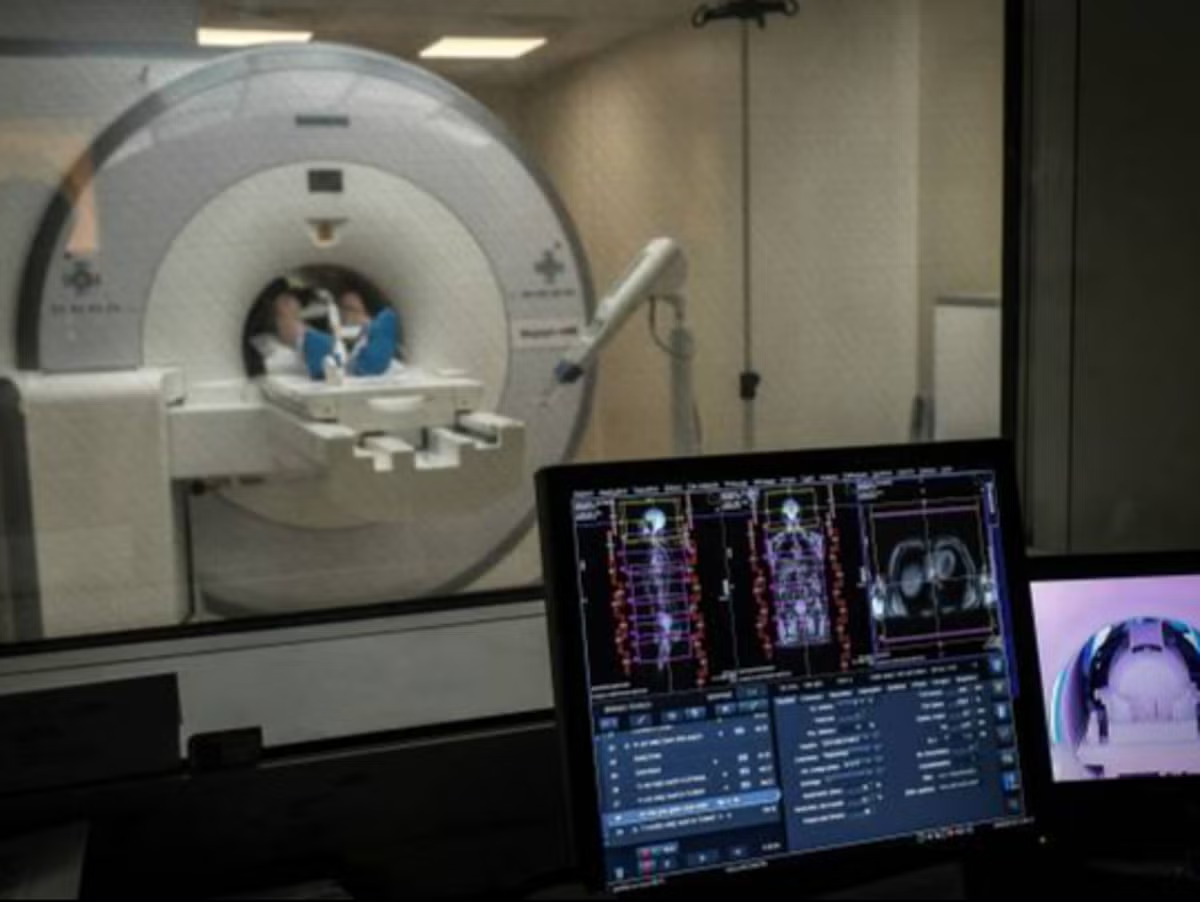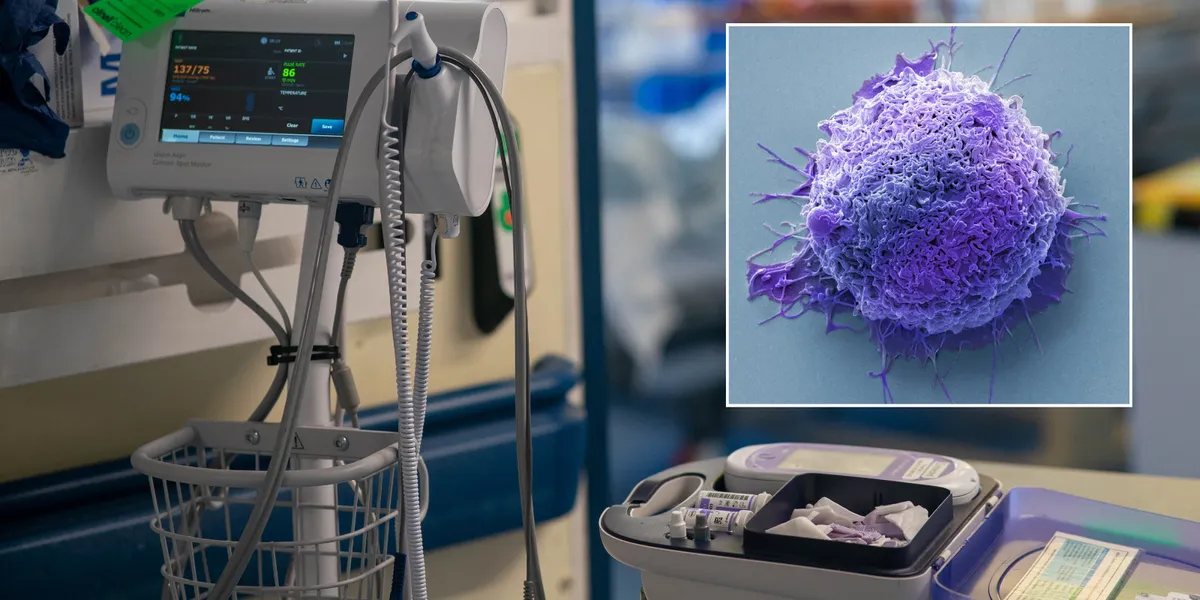Bladder
-
Facebook
-
Twitter
-
Linkedin
Research has led to improvements in immunotherapy and non-invasive urine-based diagnostic tests, enhancing early detection and personalized treatment options.

Navigating advanced bladder cancer: One caregiver’s journey
Bladder cancer is a serious, challenging disease, particularly when not detected early.

Multiparametric MRI Expedites Treatment in Muscle-Invasive Bladder Cancer
FRIDAY, Jan. 24, 2025 (HealthDay News) — Incorporating multiparametric magnetic resonance imaging (mpMRI) for initial staging can reduce the time to correct tr

MRI scan could fast-track patients for bladder cancer treatment, study finds
An MRI instead of a surgical procedure helped speed up the wait between diagnosis and treatment, UK research has found

Bladder cancer breakthrough: Patients more likely to survive after being given 'game-changer' immunotherapy drug
'For many years, survival rates for advanced bladder cancer have remained stagnant – but our findings offer hope to thousands of patients,' Professor James Catto said

Nanoparticle Therapy Offers New Hope for Prostate Cancer Patients | University of Virginia School of Engineering and Applied Science
Prostate cancer is the second leading cause of cancer death among American men.

Drug breakthrough offers hope for advanced prostate cancer patients | The Independent
Research suggests a new drug slowed the growth of prostate cancer cells, including those with a resistance to the hormone therapy enzalutamide.

Putting a lid on excess cholesterol to halt bladder cancer cell growth
Like all cancers, bladder cancer develops when abnormal cells start to multiply out of control. But what if we could put a lid on their growth?

Lung cancer drug already available on NHS could cut bladder deaths
Patients take part in ‘game-changing’ trial of durvalumab

Bile acids impair liver cancer immunotherapy: A dietary supplement may offer relief
Immunotherapy is a modern approach to cancer treatment that uses a patient’s own immune system to help fight tumors. It has made an incredible impact on treating cancers in many different organ systems, including the lung, kidney, and bladder—but for other cancers, such as liver cancer, the therapy has been much less effective. This discrepancy is especially concerning as liver cancer rates have nearly tripled in the last 40 years.






